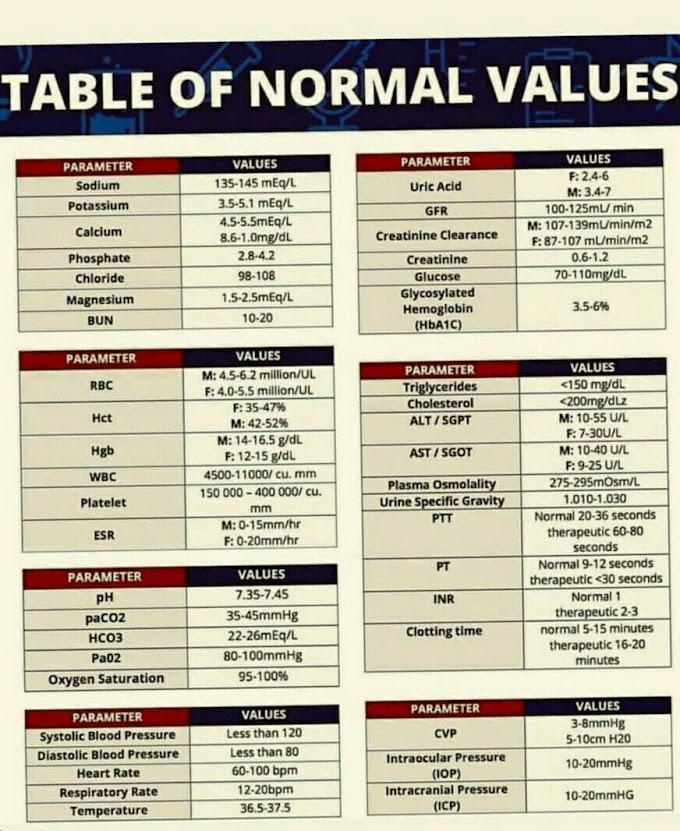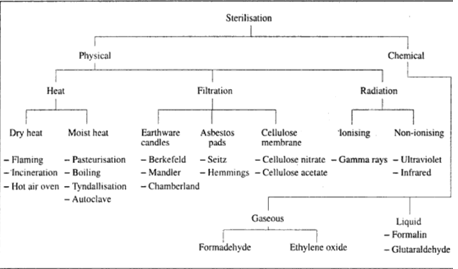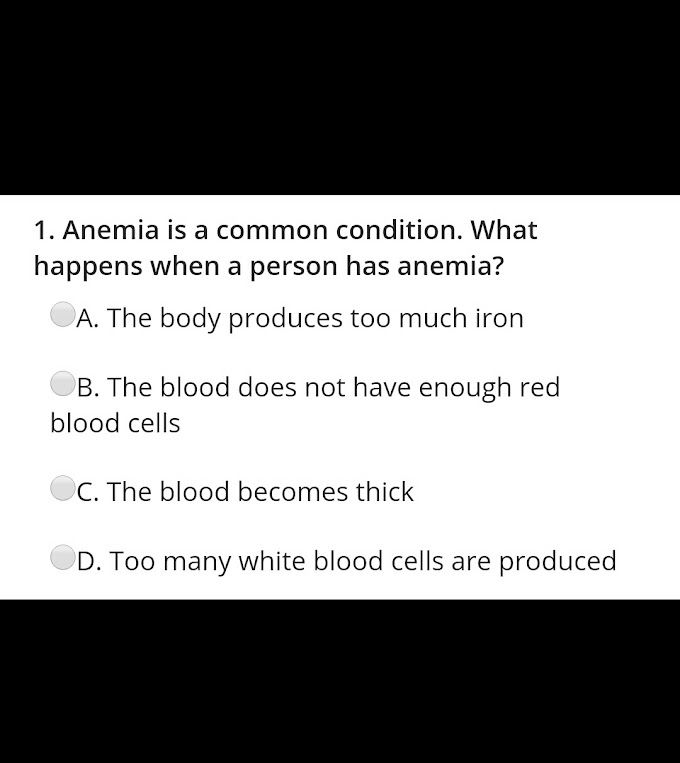PERIODIC-ACID SCHIFF (PAS) REACTION
 This
reaction depends on the liberation of carbohydrate radicals from compounds,
such as glycogen; and their oxidisation to aldehydes by the Schiff reagent.
Polysaccharides, mucopolysaccharides, glycoproteins and mucoproteins are PAS
positive.
This
reaction depends on the liberation of carbohydrate radicals from compounds,
such as glycogen; and their oxidisation to aldehydes by the Schiff reagent.
Polysaccharides, mucopolysaccharides, glycoproteins and mucoproteins are PAS
positive. A positive reaction is indicated by a bright red colour. In blood cells a positive reaction usually denotes the presence of glycogen. Developing granulocytes react positively at all stages of development.
Mature polymorphonuclear neutrophils react
most strongly showing large amounts of magenta coloured granules in their
cytoplasm. Myelocytes contain fewer positively staining granules with a pale
pink cytoplasm. In eosinophils the background cytoplasm is positive but the
large specific granules show a negative reaction.
contain a
small amount of fine, scattered positively staining material. The cytoplasm of
normoblast does not normally stain at any stage of development. Platelets are
positive and megakaryocytes also show a strong positivity. The positive
granules are enormous in lymphoblasts in acute lymphocytic leukaemia.
The
erythroblasts react positively in diseases like erythroleukaemia, thalassaemia,
iron deficiency anaemia, sideroblastic anaemia, myelosclerosis.
Specimen Thin film prepared with peripheral
blood or bone marrow.
Reagents
1. Periodic
acid 10 g per litre.
2. Schiff''s
reagent
-Dissolve 1
gm basic fuchsin in boiling water and dilute upto 400 ml. Cool the solution to
50°C and filter. To the filtrate add 1 ml of thionyl chloride and allow to
stand in the dark for 12 hours.
-Add 2 g of
activated charcoal, shake for 1 minute and filter. Store the solution in the
dark at 0 to 4°C. Filter before use.
3. Aqueous
haematoxylin: Dissolve 2 g
haematoxylin
in 100 ml distilled water,
Technique
(i) Fix the
blood film in methanol for 5 to 15 minutes.
(ii) Wash in
running tap water for 15 minutes.
(iii) Allow
it to stand in periodic acid solution for 10 minutes and immerse in Schiff's reagent
in a coplin jar for 30 minutes.
(iv) Rinse
the slide in tap water and then in distilled water for five minutes.
Counterstain with aqueous haematoxylin for 10-15 minutes.
(v) Dry the
film in the air, mount in a neutral mountant such as DPX, and examine.







If you have any queries related medical laboratory science & you are looking for any topic which you have have not found here.. you can comment below... and feedback us if you like over work & Theory
.
Thanks for coming here..